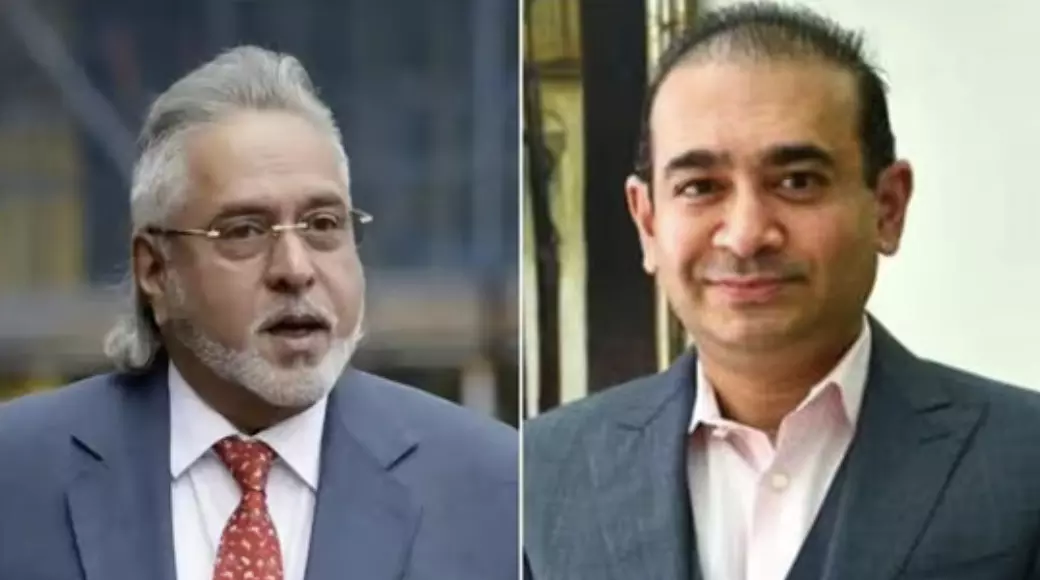The story of ₹40,000 crores! How to bring back fugitive Vijay Mallya and Nirav Modi?
India is dispatching a specialized team to the UK with the aim of expediting the repatriation of fugitives, including high-profile individuals like Vijay Mallya and Nirav Modi.
image for illustrative purpose

India is dispatching a specialized team to the UK with the aim of expediting the repatriation of fugitives, including high-profile individuals like Vijay Mallya and Nirav Modi. These individuals, deemed Fugitive Economic Offenders (FEOs), collectively owe the country a staggering ₹40,000 crores as of 2023. Despite efforts by the Indian government, bringing such fugitives back to face legal consequences has proven challenging.
The difficulty lies in the extradition process, even with existing treaties with over 40 countries. The host countries must be convinced of the guilt of the accused individuals and ensure that they receive fair treatment and a free trial. Notably, the condition of Indian prisons has become a crucial factor hindering successful extraditions.
Foreign courts, especially in the UK, have often cited concerns about the poor conditions of Indian prisons. Cases involving British citizen Raymond Varley in 2014 and Sanjeev Chawla in 2017 highlighted issues like overcrowding and inadequate facilities, leading to the rejection of extradition requests. The contention over the state of Indian prisons has impeded the extradition process.
One major challenge is the overcrowding of Indian prisons, with an average occupancy rate nearly 25% higher than their capacity over the past five years. The majority of inmates are undertrials, contributing to the strain on the system. Moreover, inadequate spending on prisons, averaging just ₹130 per prisoner daily, raises questions about the system's ability to meet basic nutritional needs and provide essential services.
To address these issues and enhance the chances of successful extradition, significant prison reforms are proposed. One recommendation involves releasing certain categories of inmates, such as undertrials and those over 75 years old or with mental illnesses, either as a temporary measure or by relocating them to open prisons. Additionally, repurposing historic colonial-era jails as tourist attractions, as suggested by the Gujarat Government, could generate revenue for prison budgets.
Addressing the shortcomings in the prison system is crucial for improving the extradition process and preventing fugitives from exploiting concerns about prison conditions to evade justice. The implementation of comprehensive prison reforms, including budgetary improvements and repurposing historical jails, could pave the way for a more effective legal framework in dealing with economic offenders fleeing the country.

